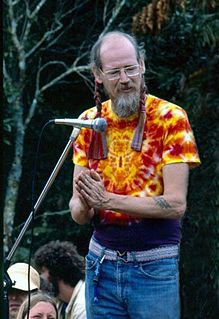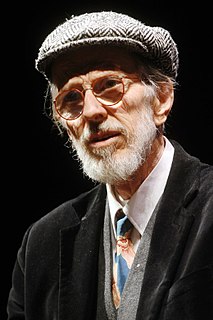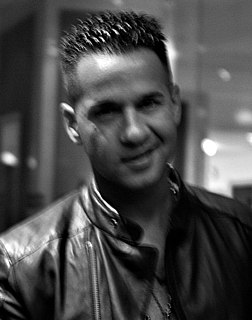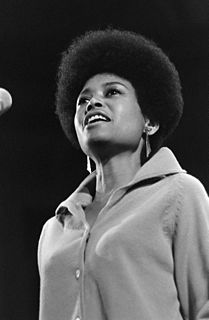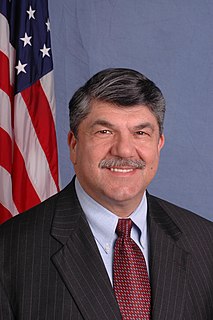A Quote by Noam Chomsky
I don't even know if I ever knew - some sweatshop in Baltimore. I knew with my other relatives - some of the women were in the International Ladies' Garment Workers' Union and men were shop boys and things like that. I happened to be in Philadelphia, but the family was in New York. I could see what the union was doing for them.It really saved their lives.
Related Quotes
I suddenly started feeling that the magic of psychedelics wasn't in some other world or some other place, but that they put you in communication with other people. Most of the really heavy things that happened to me were when I was stoned with other people, - when it get all honest, when it got really high and all golden and beautiful and bright and white-colored under the power of truth, when you looked at them and saw true compassion, and you knew they really did love you, and you knew you really did love them.
As a teen-ager I played cards, shot craps, played pool, went to the track, hung around social clubs. I knew that some card and crap games were run by the mob, and some social clubs were mob social clubs. Even as a kid I knew guys that were here today, gone tomorrow, never seen again, and I knew what had happened.
My mother was really involved with the Refusenik campaign with Soviet Union Jews. They would come and stay at our house, some of them, after they managed to get out of the Soviet Union at the time. There were things that were Jewish-related happening in my house quite consistently, but it was much more from a kind of activist standpoint.
If I were a factory employee, a workman on the railroads or a wage-earner of any sort, I would undoubtedly join the union of my trade. If I disapproved of its policy, I would join in order to fight that policy; if the union leaders were dishonest, I would join in order to put them out. I believe in the union and I believe that all men who are benefited by the union are morally bound to help to the extent of their power in the common interests advanced by the union.
There were always men looking for jobs in America. There were always all these usable bodies. And I wanted to be a writer. Almost everybody was a writer. Not everybody thought they could be a dentist or an automobile mechanic but everybody knew they could be a writer. Of those fifty guys in the room, probably fifteen of them thought they were writers. Almost everybody used words and could write them down, i.e., almost everybody could be a writer. But most men, fortunately, aren't writers, or even cab drivers, and some men - many men - unfortunately aren't anything.
When I was in high school in the early 1970s, we knew we were running out of oil; we knew that easy sources were being capped; we knew that diversifying would be much better; we knew that there were terrible dictators and horrible governments that we were enriching who hated us. We knew all that and we did really nothing.
I saw the Ramones, early on at a country-rock palace in Denver. They were opening for some record-company band, so the local music establishment, and I emphasize the word "establishment," was there in force, and the handful of us who knew the Ramones were up in front. And half the fun was, you know, not only were the Ramones the most powerful band I had ever seen at that point, but they made it look so simple - that anyone could do it, hell, even I could do it. This is what I should be doing.

